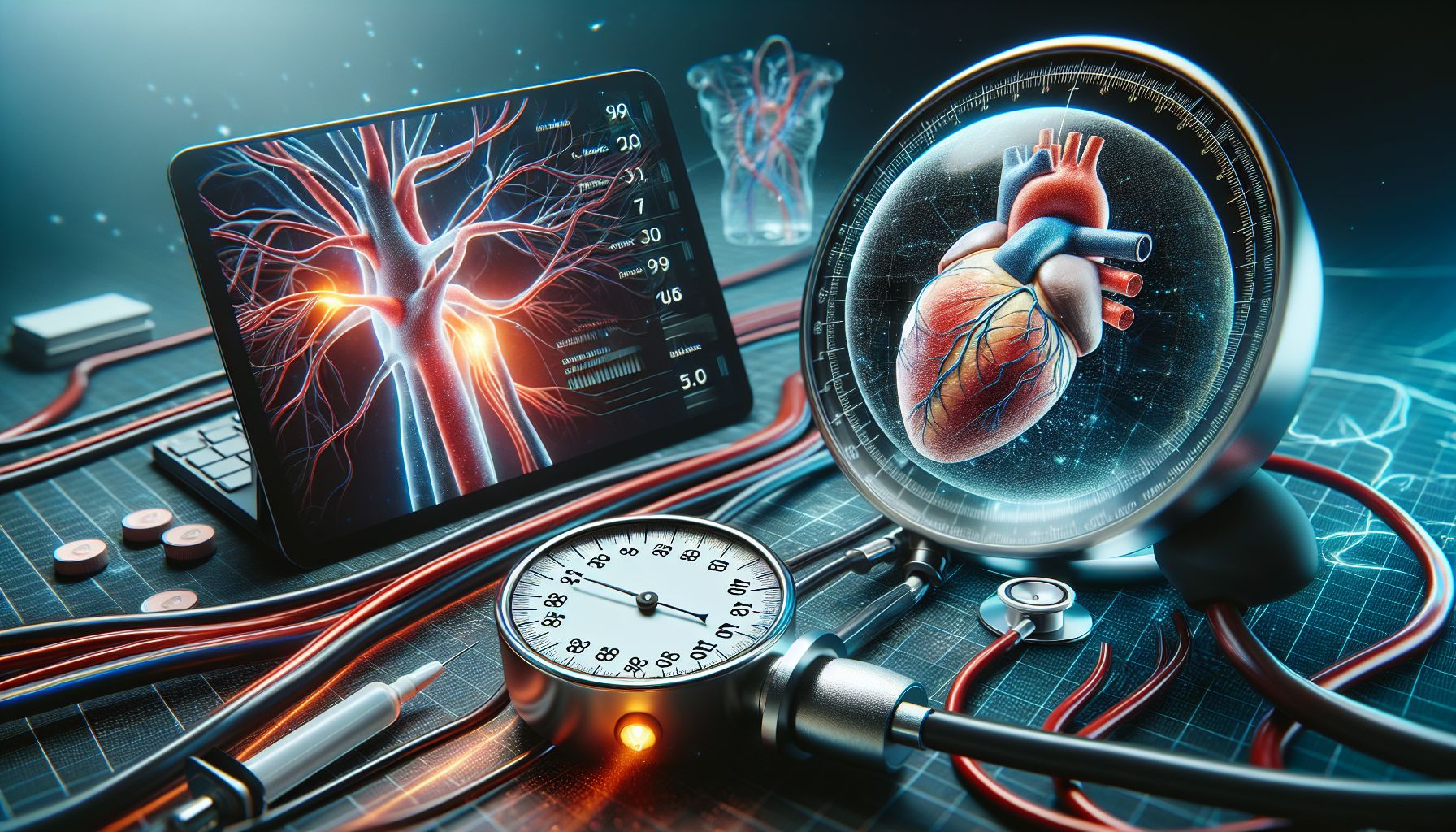Asthalin Inhaler: Comprehensive Guide and Usage Tips
Asthalin Inhaler: A Complete Guide for Effective Asthma Management
What is Asthalin Inhaler?
The Asthalin Inhaler is a widely used bronchodilator designed to alleviate symptoms of respiratory conditions such as asthma and chronic obstructive pulmonary disease (COPD). It contains salbutamol, which works by relaxing the muscles in the airways, thereby improving airflow to the lungs.
Mechanism of Action
Salbutamol, the active ingredient in the Asthalin Inhaler, is a beta-2 adrenergic agonist. When inhaled, it binds to beta-2 receptors in the airway’s smooth muscle, leading to muscle relaxation and bronchodilation. This action helps in reducing wheezing, shortness of breath, and chest tightness, providing quick relief from asthma symptoms.
Indications for Use
- Relief of acute asthma attacks
- Prevention of exercise-induced bronchospasm
- Management of chronic obstructive pulmonary disease (COPD)
How to Use Asthalin Inhaler
Using the Asthalin Inhaler correctly is crucial for its effectiveness. Follow these steps:
- Shake the inhaler well before use.
- Remove the cap and check for any debris.
- Exhale fully and place the mouthpiece in your mouth.
- Press down on the inhaler to release the medication as you inhale deeply.
- Hold your breath for a few seconds before exhaling slowly.
- Repeat if a second dose is prescribed, waiting at least one minute between doses.
Possible Side Effects
While generally safe, Asthalin Inhaler may cause some side effects. Common side effects include:
- Tremors
- Headache
- Increased heart rate
- Palpitations
If you experience severe side effects such as chest pain, irregular heartbeat, or allergic reactions, seek medical attention immediately.
Comments from Healthcare Professionals
Dr. Sarah Thompson, a pulmonologist, states, “The Asthalin Inhaler is a reliable option for quick relief in asthma management. However, patients should be educated on its correct usage to maximize its benefits.”
Recommended Dosage
The typical dosage for adults and children over 4 years is one to two puffs as needed, but not exceeding eight puffs in 24 hours. Always follow your healthcare provider’s instructions.
FAQs about Asthalin Inhaler
- Can I use the Asthalin Inhaler daily? Yes, but it should be used as instructed by your doctor, primarily for symptom relief or prevention of exercise-induced asthma.
- How quickly does the Asthalin Inhaler work? It typically begins to work within 5 minutes, providing rapid relief of symptoms.
For purchasing the Asthalin Inhaler, visit our recommended site for genuine products and reliable delivery.

